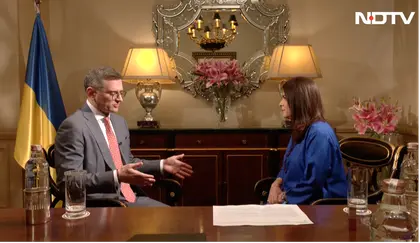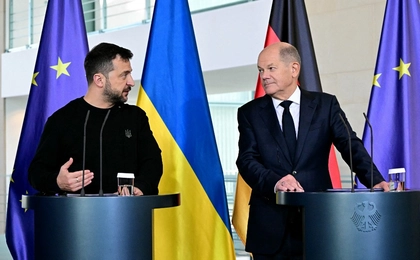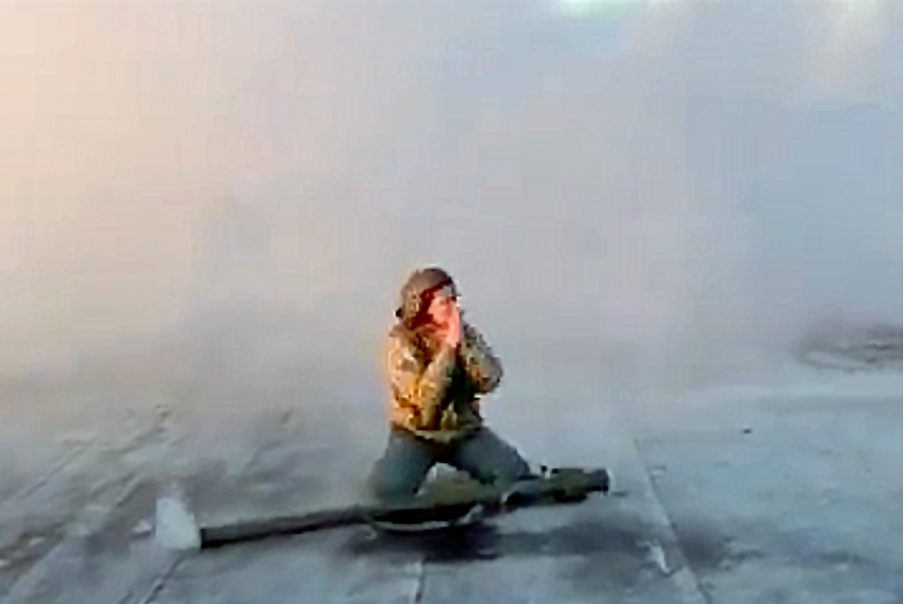Ukrainian Foreign Minister Dmytro Kuleba appeared in a wide-ranging interview with the New Delhi TV channel (NDTV) on Thursday, during his first visit to India. The interview covered a host of subjects, including improvements in the India-Ukraine relationship, India’s aspirations to secure a seat on the UN Security Council, the planned Swiss-hosted peace summit, and Kyiv’s preparedness to enter negotiations with Russia on the basis of President Zelensky’s 10-point peace plan.
Kuleba said Ukraine feels India could be an important player in securing peace in the war in Ukraine because of its relationship with Russia and its leadership role in the region.
JOIN US ON TELEGRAM
Follow our coverage of the war on the @Kyivpost_official.
“India can play a very important role in bringing together more nations from the Global South... If India sits at the table of the peace formula, the initiative put forward by Ukraine to find a diplomatic solution to the war, then many other nations will feel much safer and comfortable sitting next to India and they will come and join this effort,” he said.
President Zelensky asked Swiss President Viola Amherd to host a peace summit during his January visit, to which she agreed in principle.
Kuleba said India’s presence at the conference would be critical to its success.
Asked about the possibility of Russian participation, Kuleba said that Ukraine can begin peace negotiations with Russia within the framework of the Zelensky “peace formula” after the Swiss meeting. He said that Kyiv is ready to launch a diplomatic process to begin negotiations, the details of which would be agreed with participants in Berne.

Former Preschool Teacher Downs Russian Cruise Missile with Her First “Live” Shoot
“We said that at the first summit we will bring together all the states that share these principles [of the Zelensky peace plan], they will choose the menu items they want to work on… then, between the first and second summits, communication with Russia can take place in accordance with the rules approved by the participants.”
This echoed comments made by Andriy Yermak, the head of the Ukrainian President’s Office, at the end of February when he suggested that Kyiv would consider inviting Russia to a future peace summit.
Asked to comment on Kuleba’s comments, Russian Foreign Minister Sergey Lavrov told Izvestia daily news broadcast that Moscow was ready to guarantee “the legitimate interests of other participants during a negotiation process on Ukraine.”
But Lavrov said such “negotiations cannot be based on the ‘peace formula’ proposed by President Vladimir Zelensky and promoted by Europe and the United States.”
He said that the basic demand in Zelensky’s “formula,” which called for Russia to allow the restoration of the 1991 borders by ceding Crimea, Donbas and Novorossiya [the occupied regions of southern Ukraine] remained unacceptable to the Kremlin.
Talks would need to be “on the basis of a serious analysis of the existing security problems, recognition of realities on the ground and guarantees of the Russian Federation’s legitimate security interests.”
He believed that a more realistic basis for peace talks was China’s February 2023 plan:
“This should serve as a basis for negotiations aimed at ensuring – this was the key provision – equal security to all participants in this process. This is our stance, [putting those] principles into practice can be found only at the negotiating table.”
While Russia and Ukraine continue to disagree about the steps needed to secure peace, the fact that both sides are starting to talk about it openly may lay the groundwork for future negotiations.
You can also highlight the text and press Ctrl + Enter






